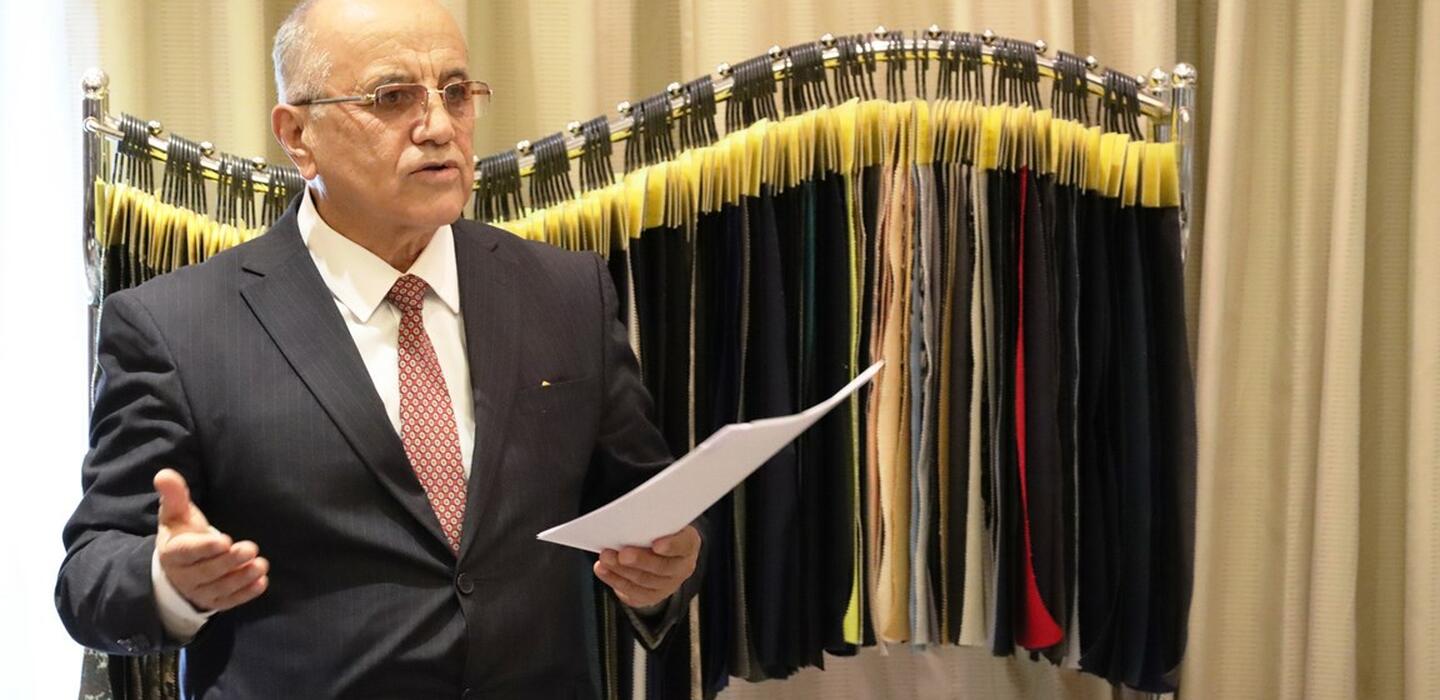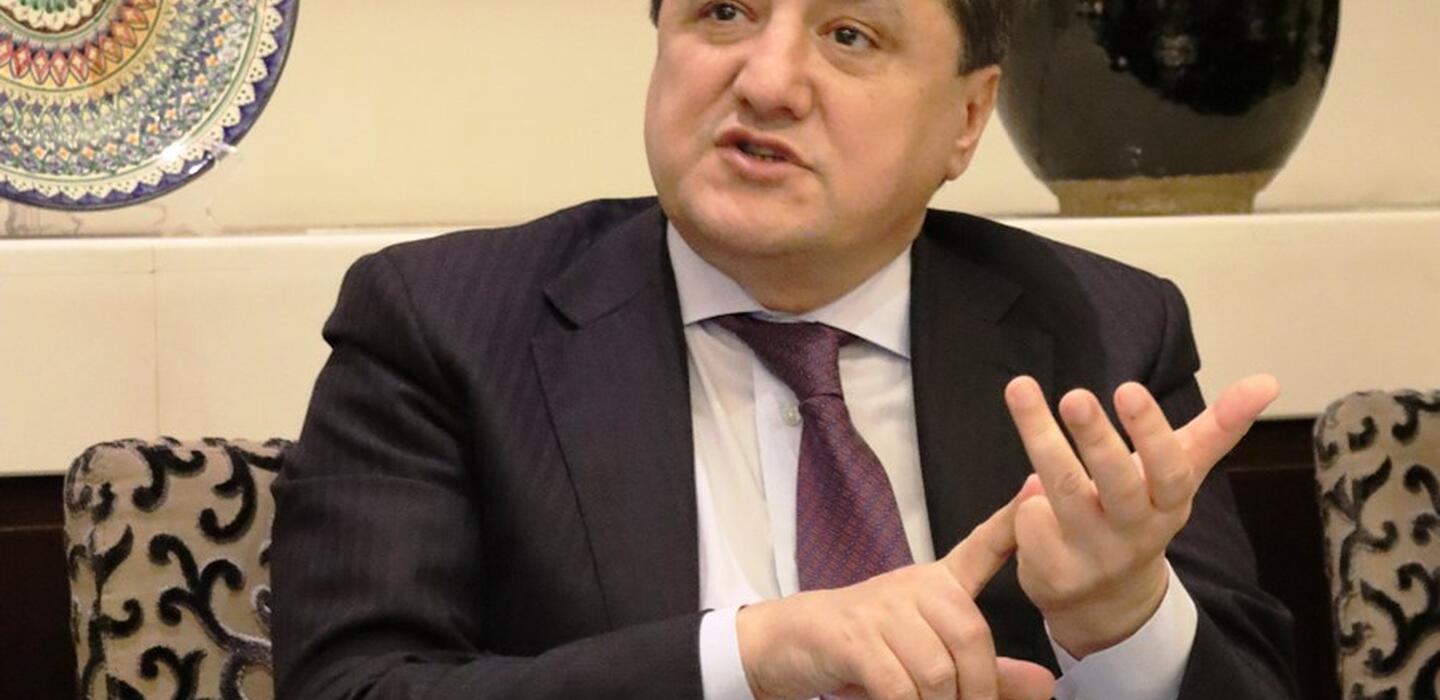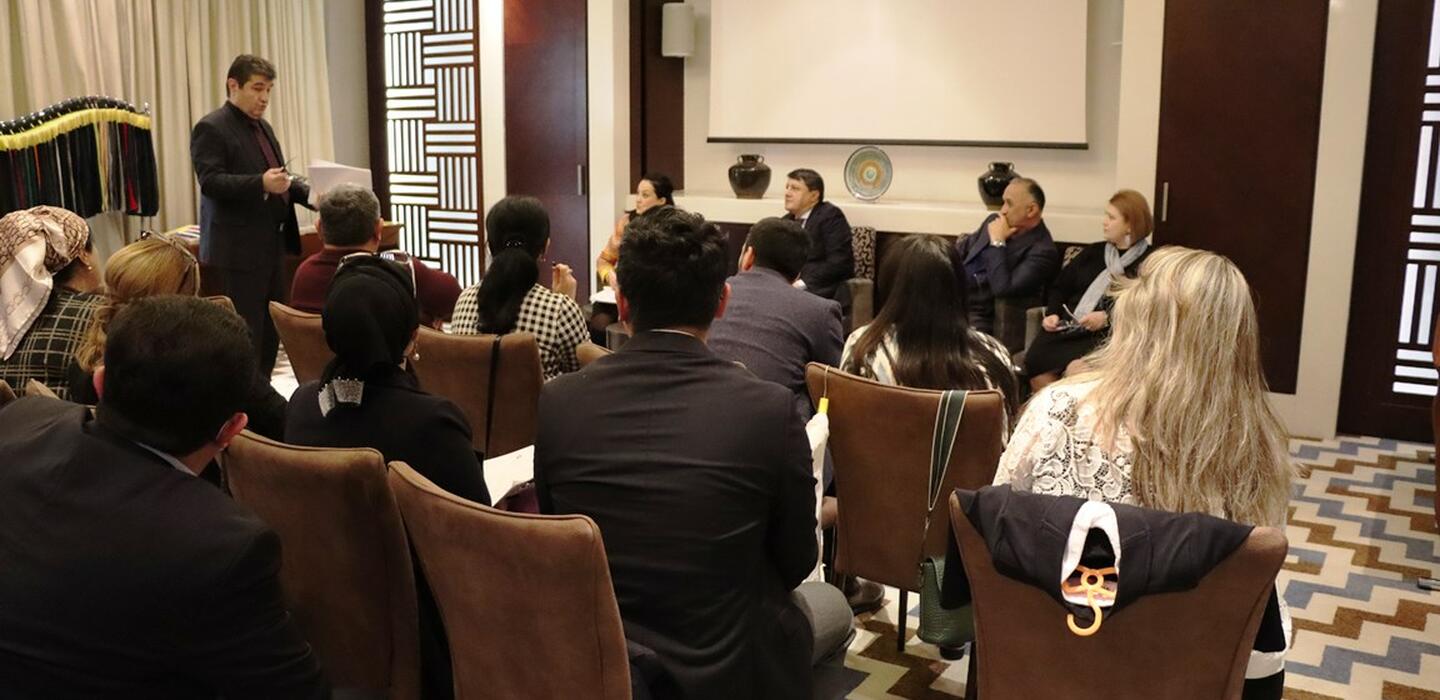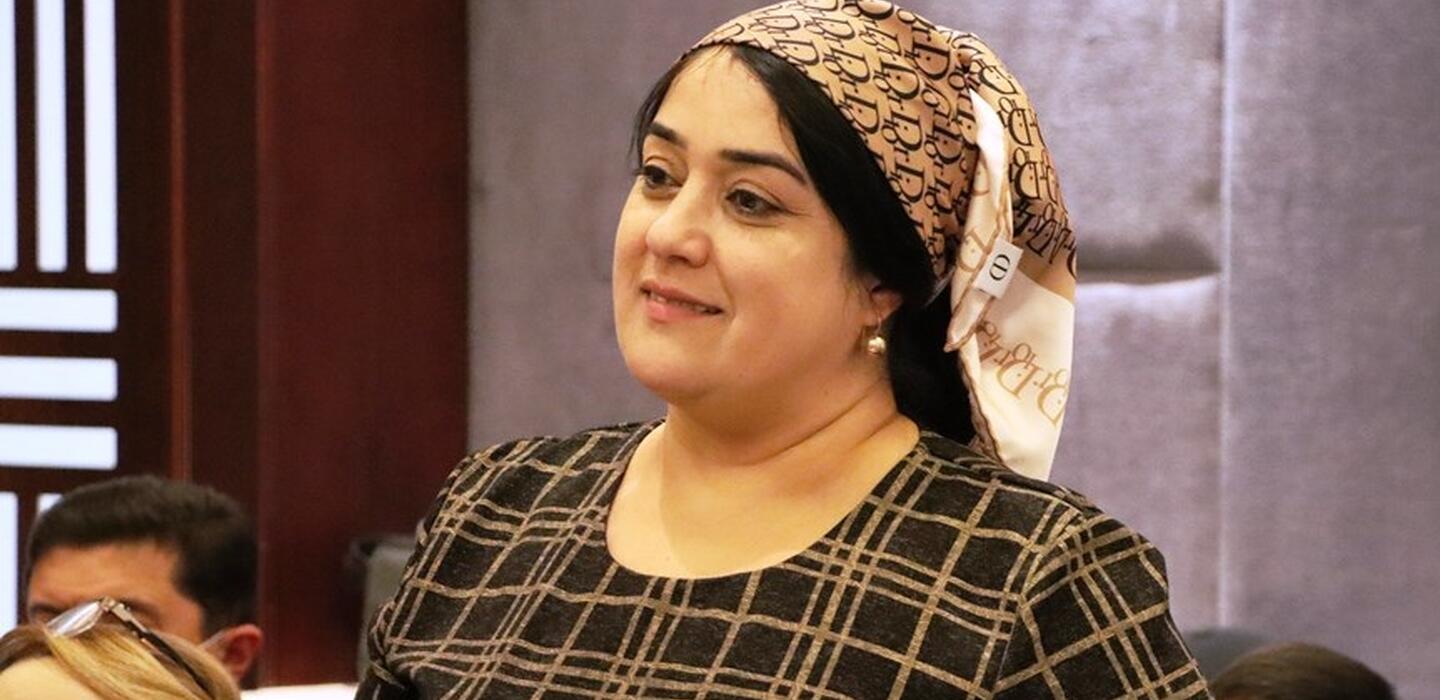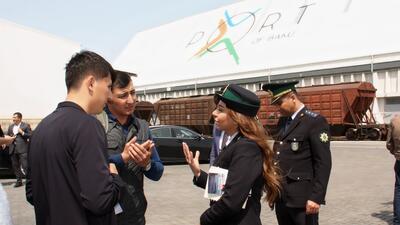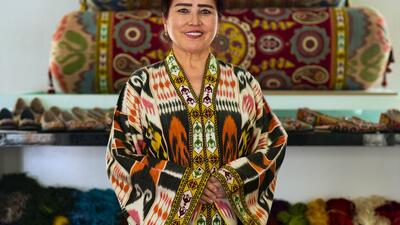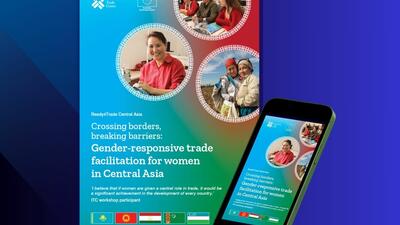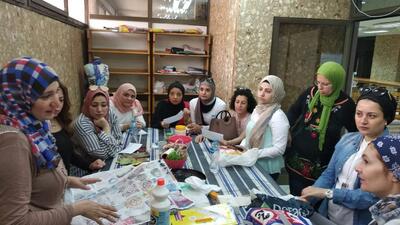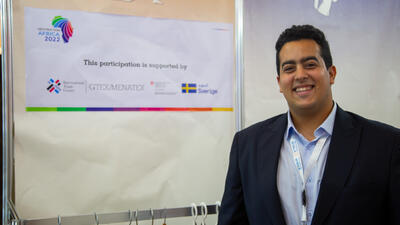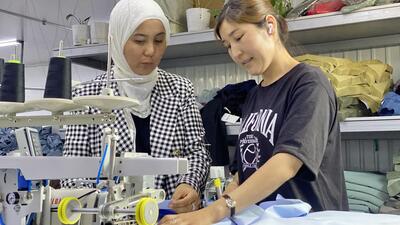
How Tajikistan can grow its textile industry
Garment makers in Tajikistan see ways to grow their businesses. As the government prepares a new strategy for the textile sector, industry leaders gave their input.
Garment makers in Tajikistan see exports as a vital way to grow their businesses. As the government works on a new strategy for the textile and clothing industry, an open dialogue in Dushanbe gave a dozen business leaders a chance to present their ideas.
“The management of the Tajik textile and clothing companies presented challenges as well as opportunities for the sector,” Sherali Kabir, the Minister of Industry and New Technologies, said after the discussion.
The open dialogue was held on 16 December in the capital, organized by the Tajikistan Union of Private Sector Development, a partner of the International Trade Centre that represents businesses in the country.
The minister noted the sector’s role in growing exports from Tajikistan, and said the government’s new strategy would take their business’s needs into account.
The businesses took the opportunity to explain how their companies operate, and their plans to develop higher-quality products to help grow their exports to new regional markets. Expanded production means more jobs for Tajik women, they noted. About 90% of the sector’s workforce are women.
Better state support would boost their efforts. That could mean updated training programmes at colleges and universities, renovation of machinery, or preferential rates for electricity or taxes.
This meeting followed on an initial discussion that was helped in April 2021, as part of an effort to increase dialogue between the government and busineses. The minister promised to develop additional platforms for further dialogue.
About the GTEX Programme
The Global Textiles and Clothing Programme (GTEX) supports small businesses and business support organizations working in the textile and clothing industry in developing countries to increase their export competitiveness.
The GTEX programme is funded by the State Secretariat for Economic Affairs (SECO) of the Swiss Confederation and focuses on five priority countries (Egypt, Morocco, Kyrgyzstan, Tajikistan and Tunisia).




